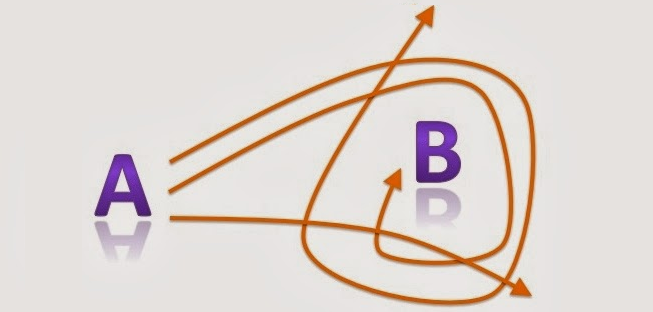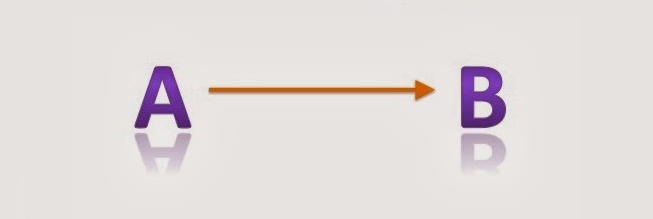When I explain to people what it is that I do, the end result is often “Ah, you’re a change consultant.” The conversation rarely begins with “What are you actually changing to?”
It’s a bit like talking about a journey from A to B – and focusing solely on the car you’re driving, without ever considering where you’re actually going, or asking what’s wrong with where you are?

During your last ‘transformation’ programme, did you really know what you were aiming for? Did you scientifically know how best to design your work process? Did it at any time feel like you might not hit the target?
We may already know about various change methodologies. Kotter, for example, understood how people and teams work, and how to help them move in a different direction. Chip & Dan Heath have taken this type of thinking even further, with some really practical advice when faced with issues in the work place – and they make it look easy.
But this is all a waste time if you don’t understand where you are now, and where you want to go. I find many people forget this – it’s very easy to be in the place called “It’s always been like this?”, and few question the status quo.
It’s the role of the management team to ask the ‘big picture’ questions, and find ways to do more for less. They need to be asking:
- Why can’t we fix this “right first time”?
- What’s stopping us from processing that paperwork immediately?
- Can we use less material in that part?
This was Deming’s forte, and others like him. He understood what was wasteful in a process, and could see where re-work, error and cost had been accumulating in a system. He also understood what could work better. He had method – Lean and Systems Thinking.

Modern names for this type of consultancy include work design, business process re-engineering, change management and business transformation.
But the original term was Operational Review:
- Understanding the waste in the detail.
- Analysing the effectiveness of the management team.
- Bringing the whole team together to design “What good looks like.”
